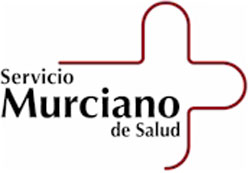“All commodities, with no exception, will sell for less than they are selling this year. It will not be a sharp decline, but prices will be lower. Some commodities have seen record exports this year, like sugar, soy, and ores, and this will not repeat itself,” says Castro. The product that can tip the foreign trade scale to Brazil’s side, said Castro, is the same one that is hampering the export performance in 2013: oil.
In addition to the conference, the program includes business matchmaking rounds among businessmen and visits to the Jeddah International Trade Fair, a multisectorial trade show which opened on Sunday and will close next Wednesday (18th) in the Saudi city.
“Higher volumes of oil should be exported; at least 50% more than this year is what we expect. In 2014, there will probably not be as many interruptions in [oil rig] operations as this year. If this proves true, output should be up approximately 10%, by roughly 200,000 barrels per day. We need a 50% increase in oil exports to offset a decline in price of approximately 5%.”
“For the 2013-2014 crop we are looking at 195 million tonnes of grain, being 90 million tonnes of soy and 78 million tonnes of maize, and plantations should be in a regular situation as a result of the United States’ crop recovery, and increased planted area in South America. Soy and maize prices are expected to be slightly down,” he says.
Another sector poised to see massive growth is hotels, according to Alaby and Mansour. Over 300,000 hotel rooms should be built in the coming five years, creating 100,000 new jons. There is also demand for training programmes to the personnel who will work at these new establishments.
According to Alaby, the congress in Jeddah is being attended by approximately 550 participants and chambers of delegates commerce from several Islamic countries, Arab and non-Arab. The Arab Brazilian Chamber is attending as an observer.


